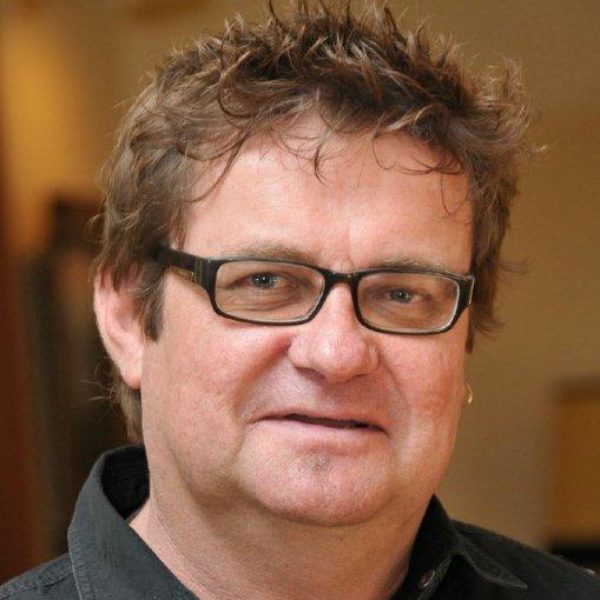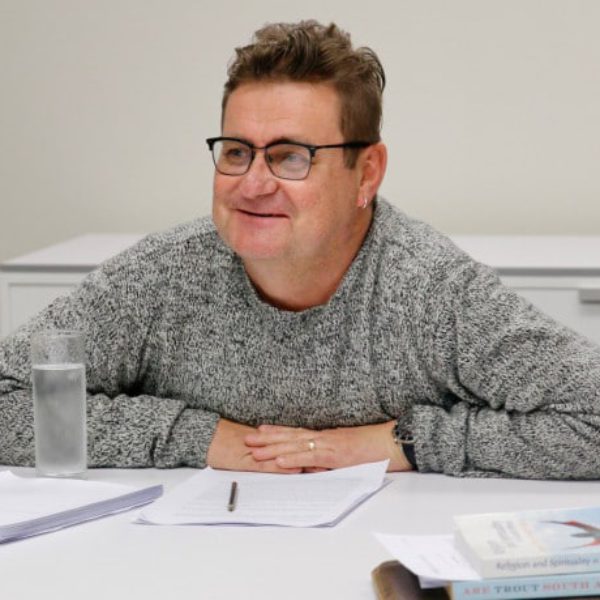This is a collaborative, interdisciplinary project, located in the Faculty of Arts at UWC, which seeks to rethink the ways in which we conceptualise and understand the field of South African literatures, almost three decades after the legislated ending of apartheid, and just over two decades after Michael Chapman’s landmark study, Southern African Literatures (1996), arguably the first (and last) study to engage thoroughly with literatures in all languages in the region. Prior to and following Chapman’s study, there have been attempts to produce more inclusive studies of South African literature, all of which have foundered on one of three grounds: they take a rather conservative approach by confining themselves only to canonical, print genres; they make a gesture towards literatures in other languages but end up explicitly or implicitly reasserting the centrality of (written) literature in English; or they treat the literatures in the different languages as discrete entities.
The current project differs from other previous attempts in five significant ways. Firstly, it draws in subject experts who have already worked substantially in the different literatures of the region, but who have not necessarily been in dialogue with each other. Secondly, it is fully cognisant of new developments and areas in the field of the interdisciplines of literary and cultural studies. Thirdly, it takes seriously the role of translation and retranslation in understanding a field and region marked by the multiplicity of its languages. Fourthly, drawing in linguists and their concept of multilingual citizenship and multilingual landscaping, the project eschews the approach of many previous projects which compared and contrasted literatures in different languages, for an approach which sees the boundaries between them as fluid, porous and uncertain, despite the colonial and apartheid states’ attempts to enforce separation and segregation. Finally, the project does not regard the geographical confines of the country South Africa as delimiting its interest, but also situates what we might call ‘South African literature(s)’ within the shifting global space of the transnational.
As the PI on the project, I need to ensure that the numerous researchers involved talk to, rather than past, each other. Experience of running similar projects suggests that sourcing readings which become shared points of reference is key in this regard, as is reading myself at least partially into the different areas of the project, so that I am better able to understand points of articulation or disjuncture. I am also working as a researcher in specific areas of the project, so I need to focus on some of my own writing as well. These will be my concerns while at STIAS.
Michael Chapman. 1996. Southern African Literatures. London and New York: Longman.


